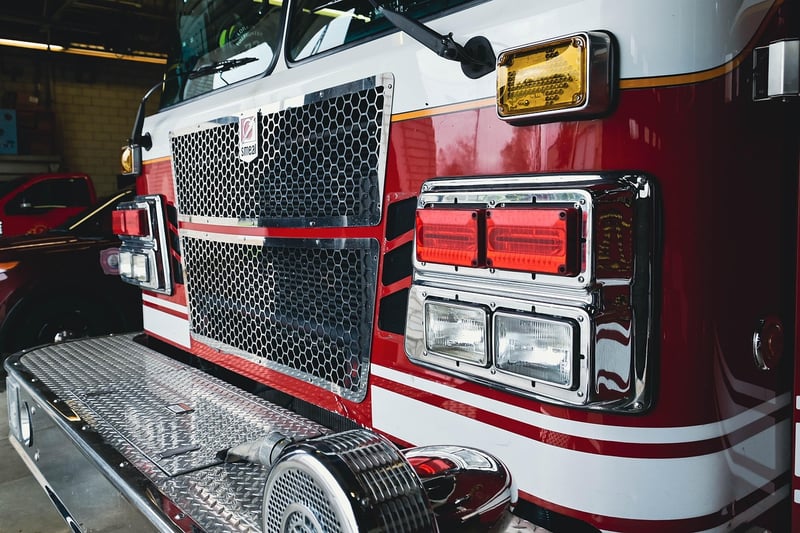Emergency Hotlines
Protective Measures and Emergency Hotlines: Keeping You Safe
Introduction
Ensuring your safety and well-being is of utmost importance. By taking necessary protective measures and being aware of emergency hotlines, you can help safeguard yourself and those around you. Let's explore some key protective measures and essential emergency hotlines that you should know.
Protective Measures
Implementing protective measures can significantly reduce risks and enhance your safety. Here are some essential steps to consider:
- Always lock your doors and windows to secure your home.
- Avoid sharing personal information online to protect your privacy.
- Be cautious of your surroundings and report any suspicious activities to authorities.
- Install security systems such as alarms and cameras for added protection.
- Regularly update your passwords and enable two-factor authentication for online accounts.
Emergency Hotlines
During emergencies, knowing who to call can make a critical difference. Save these important hotlines in your contacts for quick access:
- Police: 911 - Dial this number in case of crimes, accidents, or any emergency that requires police assistance.
- Fire Department: 911 - Contact the fire department for fires, rescue operations, or any other fire-related emergencies.
- Ambulance: 911 - For medical emergencies and urgent medical assistance, dial this number to summon an ambulance.
- National Domestic Violence Hotline: 1-800-799-SAFE (7233) - Reach out for support and assistance in cases of domestic violence.
- Suicide Prevention Lifeline: 1-800-273-TALK (8255) - If you or someone you know is in crisis or having suicidal thoughts, call this hotline for help.
Conclusion
By following protective measures and having access to emergency hotlines, you can better protect yourself and respond effectively in times of need. Stay informed, stay safe, and remember that help is just a phone call away.
Remember, preparedness is key to safety!

Image Source: Pixabay
